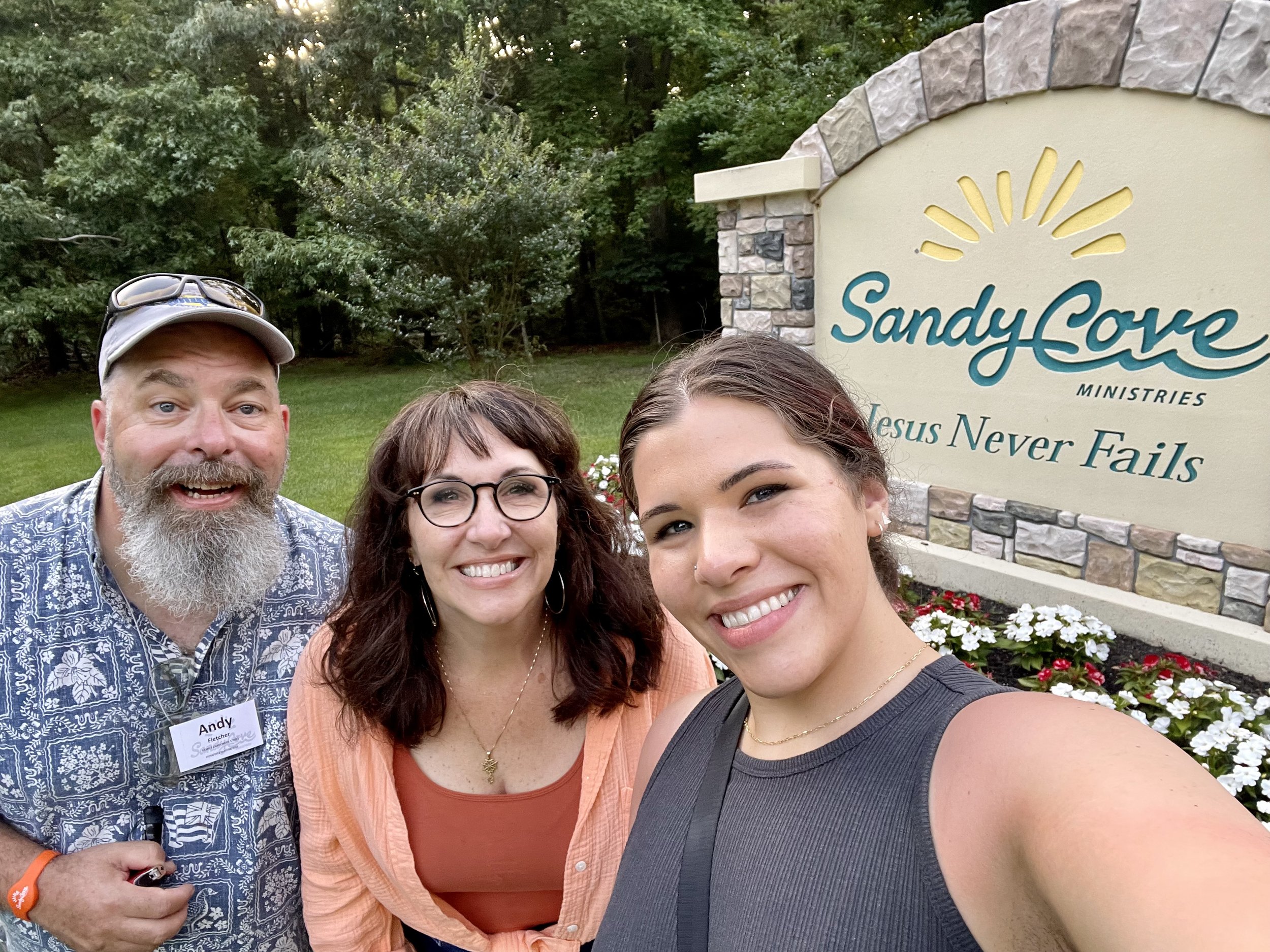I am the mom of five sons: three adults, one 10-year-old, and one intellectually disabled 9-year-old. This does not make me an expert; it means I am experienced and tired and middle-aged. We started young. I was just 22 when we had our firstborn. In my 20's and 30's, I possessed boundless energy for the parenting of the three little boys who soon shared our home, and I loved being the mom of those exuberant, funny, and often plain-crazy boys.
Life was pretty simple. The floors were strewn with Legos, the appetites were boy-sized, and there were varying degrees of homeschool love and hate, depending on the boy, the subject, the weather, the mood, the time of year.
And Then They Became Teens
Then something unexpected happened. I mean, not totally unexpected; I had been a teen and had teen brothers and had oft been warned by strangers in the grocery check-out line, "Just wait until they're teeeeeenagers." But this undetectable switch was flipped in their brains and suddenly the boys who were interested in historical war stories and world domination through Minecraft and seeing who could eat the most jalapeños, weren't.
It wasn't just the academic stuff, either. Laundry? Why? Clean teeth? What's the point? Video games? Well, yes. All day, every day, if given the option.
I began to see a lot of foot dragging, and because we homeschool, there began the season of pretending to do school work. “Is your math done?” — emphatic nodding — "Yep!" And then of course they'd bring me their math book and nothing had been done for weeks. (Before the homeschool naysayers load their guns, here's the deal: We'd gone through a period of excellent self-motivation prior to this 12-year-old transformation thing. I had no reason to doubt their integrity up to this point. Think: kid pretending to do homework. Same thing.)
And Then They Have Exactly Zero Goals
I also noticed in one of our boys that there were absolutely no life goals, short term or long. Apparently, spending the rest of your life on a Nintendo is a perfectly viable goal. Rather, not having the goal of spending one's life doing anything was the goal. I think.
One afternoon I was driving down a long country road with our third son, Jack. By number three, I was a seasoned pro at this unmotivated teenage boy gig, and I was recognizing the signs. I thought maybe it was time to light a fire, at least mentally. "Hey Jack. What do you want to do with your life?” At the time, he had been learning to play golf and was out on the course at least once a week. "Do you want to be a professional golfer?" Whatever is pausier than a pause, that's how Jack responded. Dead silence. And then he spoke.
“Mom, I’m only 13. I don’t have to think about that.”
If he had been able to communicate what was really going through his brain at the time, it was likely more in line with "I don't know, I don't care. I get up, I eat breakfast, I go back to bed, I disappear. This is working for me."
I've learned now how to move through this season of a teen boy's life without destroying our mother/son relationship, and next time I'll share with you some things that I think can help yours, too. There's hope ahead!!
This is Jack (with his sister Abby). He eventually graduated. In fact, on time, which seemed nigh impossible around age 12.
Just a couple of years ago. They are now 24, 22, 20, 10, and 9.













